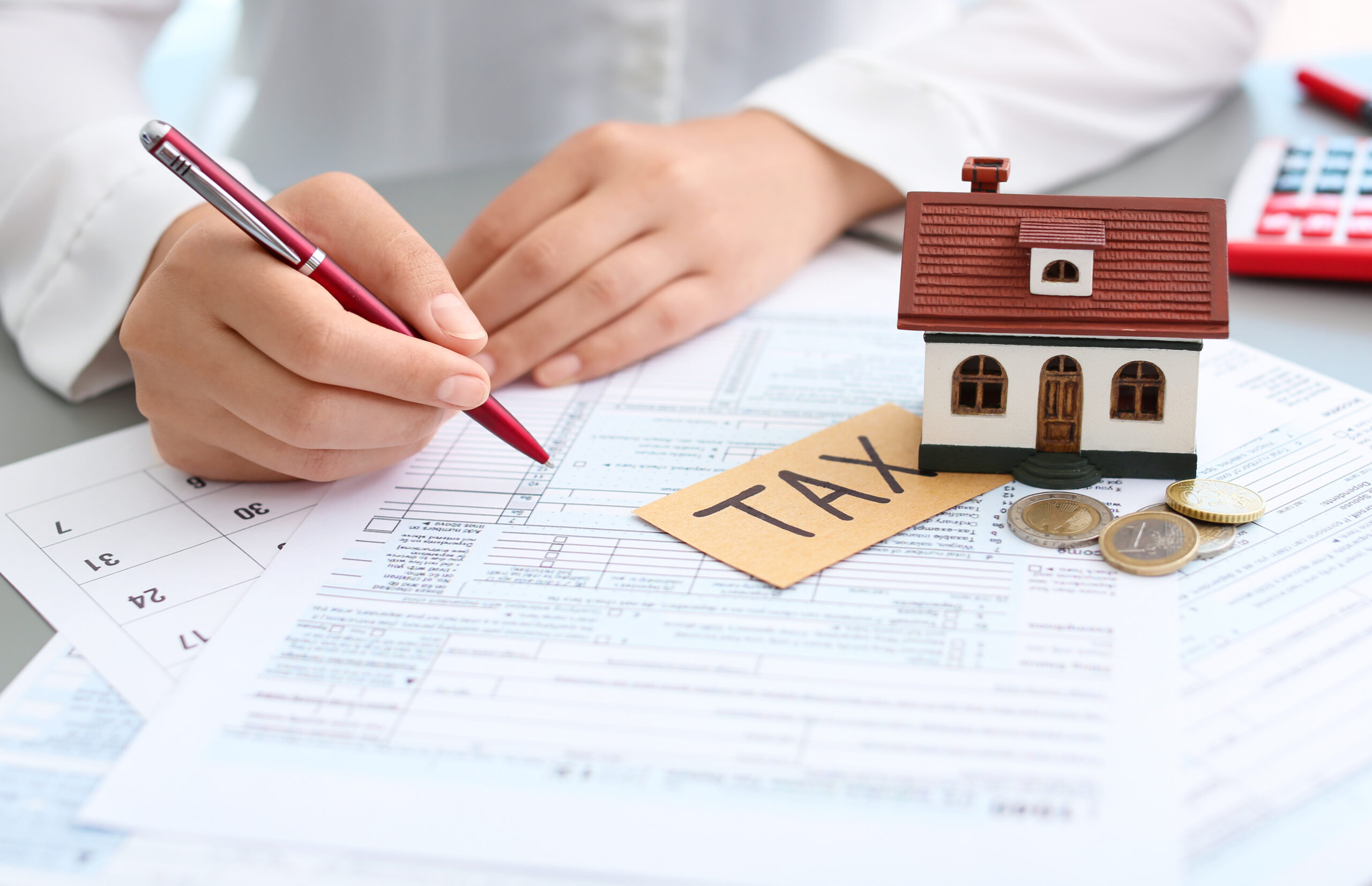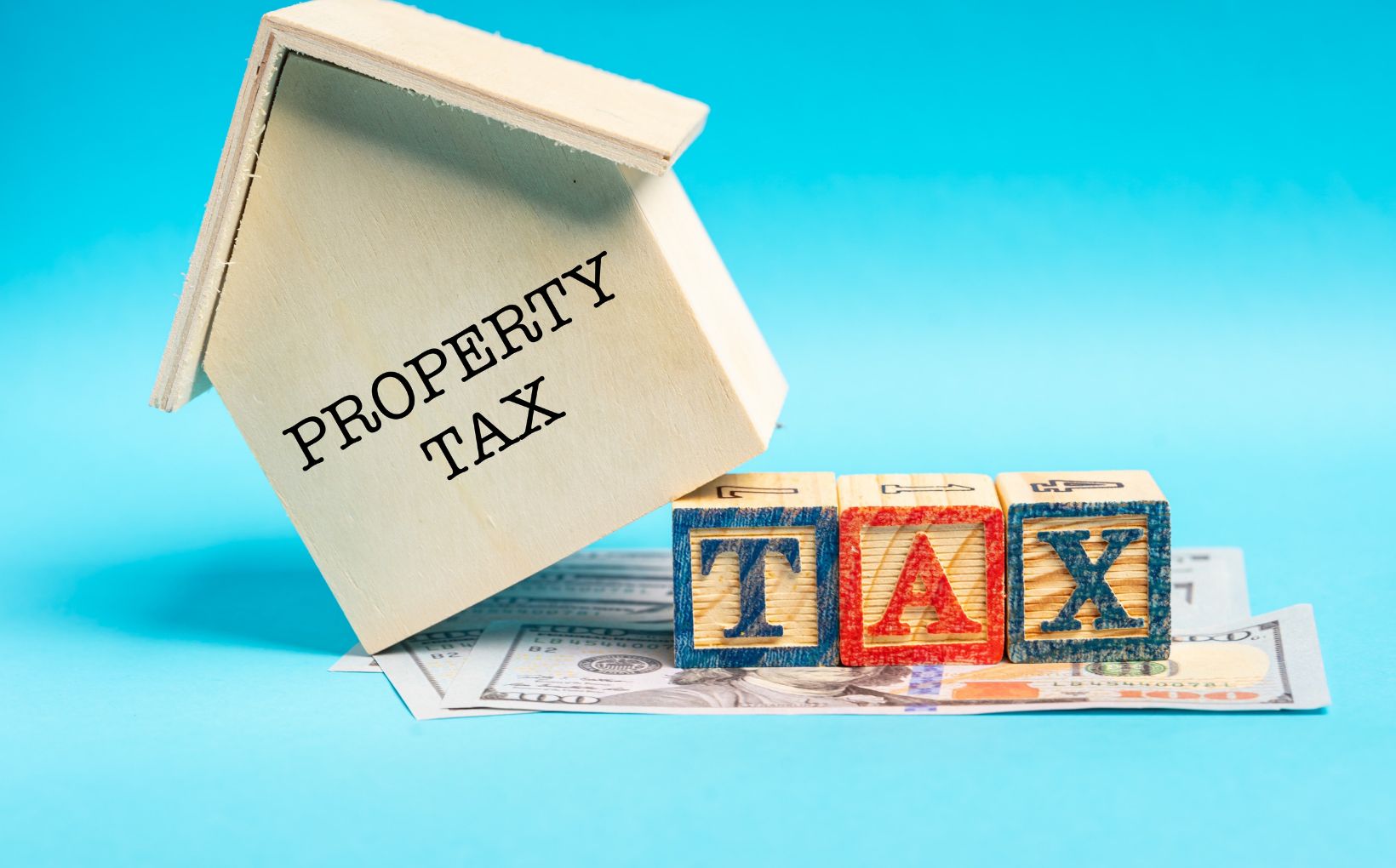WHY ABUJA PROPERTIES ARE OVERPRICED

Introduction
Abuja, the capital city of Nigeria, has long been a hub of political and economic activity in the country. As a result, it has attracted significant attention from real estate investors and developers. While the city offers many advantages, including a stable political environment and a growing economy, one glaring issue has become increasingly apparent: the overpricing of properties. In this article, we will explore the factors contributing to the inflated property prices in Abuja.
- Limited Supply of Prime Land
One of the primary reasons behind the high property prices in Abuja is the scarcity of prime land for development. The city is known for its carefully planned layout and regulations that restrict construction in certain areas to maintain its aesthetic appeal. This limited supply of prime land has created fierce competition among developers, driving up land and property prices.
2. Infrastructure Development Costs
Developers in Abuja face substantial infrastructure development costs. The city’s infrastructure, including roads, water supply, and electricity, is continually expanding to accommodate its growing population. Developers are often required to bear a significant portion of these costs, which are subsequently passed on to buyers through higher property prices.
3. Rising Construction Costs
The cost of construction materials and labor has been steadily increasing over the years, contributing to higher property prices. Developers must factor in these rising costs when setting prices for their projects, making it difficult to offer affordable housing options.
4. Land Speculation
Speculation is another key factor driving property prices in Abuja. Investors, both local and foreign, often buy land and properties with the expectation of substantial appreciation in value. This speculative behavior leads to artificially inflated prices, as buyers are willing to pay more based on the belief that property values will continue to rise.
5. Regulatory Hurdles
The regulatory environment in Abuja, like in many urban centers, can be cumbersome and time-consuming for developers. Obtaining the necessary permits and approvals can lead to delays and increased project costs, which are ultimately passed on to buyers. The red tape associated with property development can discourage potential investors, further reducing the supply of housing and driving up prices.
6. Lack of Affordable Housing Initiatives
Abuja, like many rapidly growing cities, faces a shortage of affordable housing options. The government and private sector have struggled to keep pace with the demand for reasonably priced homes, leading to an oversaturation of high-end properties in the market. This oversupply of luxury properties exacerbates the problem of overpricing.
Conclusion
The overpricing of properties in Abuja is a complex issue with multiple contributing factors. While the city offers many advantages for investors and residents, such as political stability and a growing economy, these advantages come at a premium. The limited supply of prime land, high demand from government and diplomatic communities, infrastructure development costs, and speculative behavior have all played a role in driving property prices to unsustainable levels.
Addressing the issue of overpriced properties in Abuja requires a multifaceted approach. This includes efforts to increase the supply of affordable housing, streamline regulatory processes, and encourage sustainable development practices. Only through such measures can Abuja strike a balance between its growth and the accessibility of housing for its residents.




